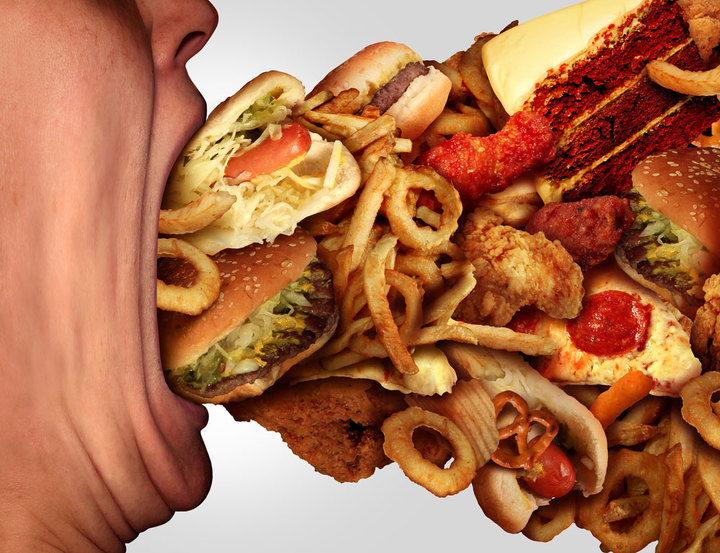When people hear the phrase “food addiction,” many laugh or dismiss the issue entirely. But according to David Wiss, a dietician and nutritionist who works with people who have addictions and eating disorders, researchers are just beginning to understand the problem.
Eating, like drinking, taking drugs, gambling, and having sex, is balanced between the limbic system and the prefrontal cortex, two complex and closely related systems of nerves in the brain.
The prefrontal cortex weighs pros and cons, makes decisions, and solves problems while the limbic system dictates pleasure seeking behavior.
Feeling pleasure motivates people to repeat behaviors critical to human existence, according to the National Institute on Drug Abuse.
“Researchers have been able to look at brains and disassociate wanting versus liking,” Wiss said, who founded Nutrition in Recovery, an addiction, eating disorder, and general wellness treatment practice. “Wanting is the release of dopamine and liking is the euphoria that is produced. Food addiction is associated with an increased liking. The pull is stronger than the pleasure they receive from it.”
He added that this detail is characteristic of all kinds of addiction.
This puts the brain and body at odds with each other. Homeostasis keeps our minds and bodies balanced while the hedonic system seeks pleasure for reward. “The hedonic system is able to override homeostasis,” Wiss said. “The hedonic system is very crucial to human survival.”
“We used to live in an environment of scarcity,” he said. “We haven’t evolved to meet the abundance.”
In a recent study, one group of rats were given a cocktail of foods high in sugar, salt and fats, while the other group went without. When cocaine was later administered, the rats that ate the junk food were primed for addiction and thus had a stronger response to the drug.
Wiss and his colleague Timothy D. Brewerton published a study titled Incorporation Food Addiction into Disordered Eating: The Disordered Eating Food Addiction Nutrition Guide (DEFANG). The study reads, “Alterations in dopamine neurocircuitry observed in obese individuals can make food less rewarding and more habitual.”
Though food addiction certainly contributes to the obesity epidemic, obese individuals are not the only ones… (continue reading)















